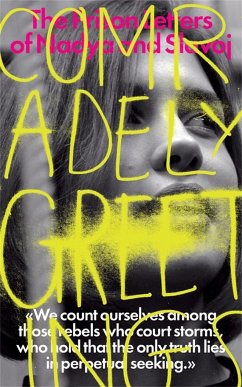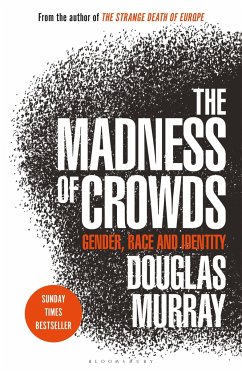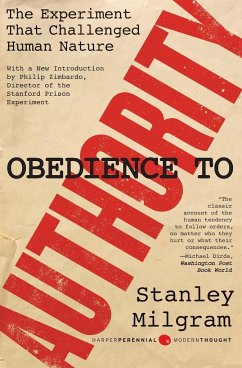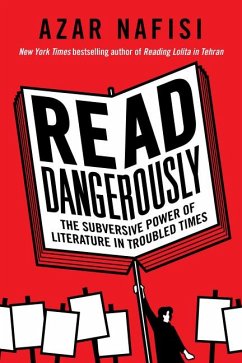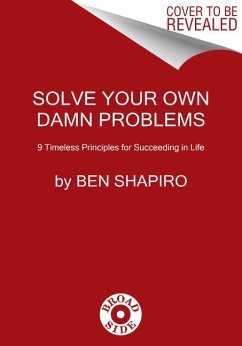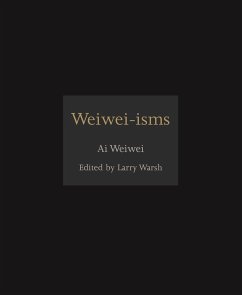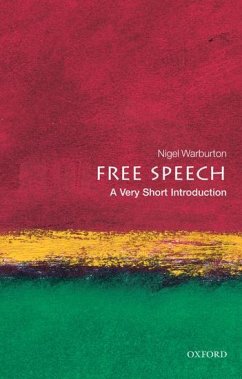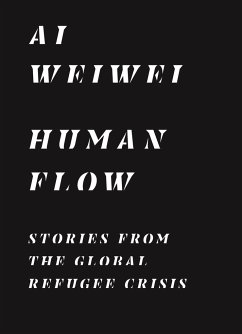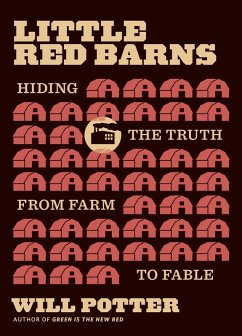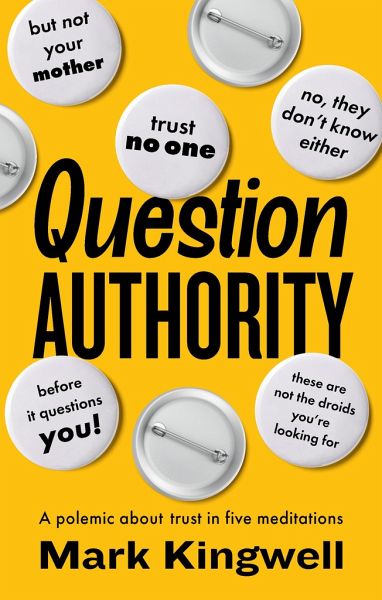
Question Authority
A Polemic about Trust in Five Meditations

PAYBACK Punkte
8 °P sammeln!
"In this critical survey of the predicament of contemporary authority, Kingwell draws on philosophical argument, personal reflection, and details from the headlines in an attempt to reclaim the democratic spirit of questioning authority and thinking for oneself. Defending a program of compassionate skepticism, Question Authority is a ... survey of the role of individual humility in public life and illuminates how we might each do our part in the infinite project of justice"--




